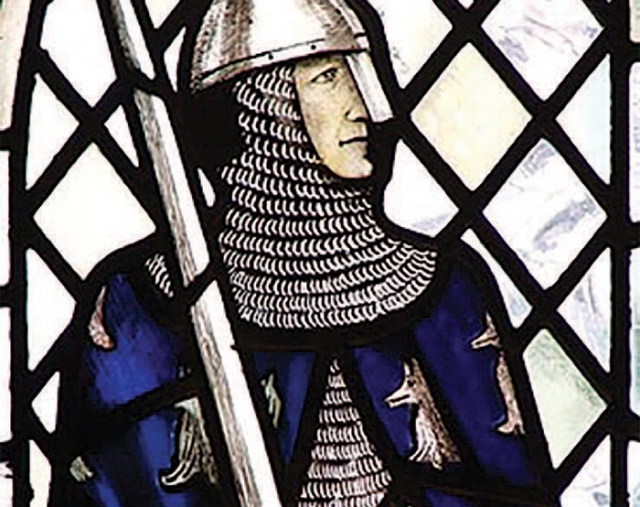The dialogic dimensions of knowing and understanding the Norman legacy in Chester
Teaching History article

1069 and all that
Michael Bird and Thomas Wilson focus their attention directly on the voices of pupils, in dialogue with their teacher and with each other, as they draw inferences from differing sources about the Norman legacy in Chester. By carefully examining dialogue stimulated by these sources, Bird and Wilson demonstrate not only the role that prior knowledge plays in such interaction, shaping and constraining the understandings that can be developed, but also the critical role that the dialogue itself plays in shaping the knowledge that emerges collectively and for individuals. Drawing on sociocultural theories of collective activity, they illustrate in detail how the dialogue enables the pupils to activate and expand their knowledge: moving from framing simple, single-source inferences to formulating complex, substantiated judgements that draw effectively on multiple sources and prior knowledge, now interpreted in conjunction with one another...
This resource is FREE for Secondary HA Members.
Non HA Members can get instant access for £2.49

